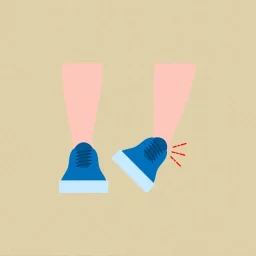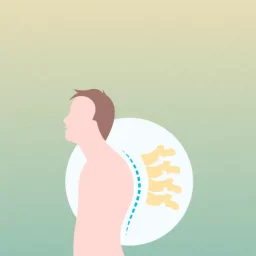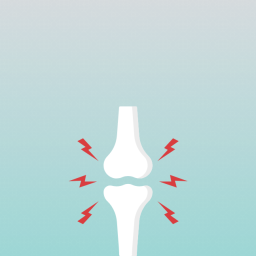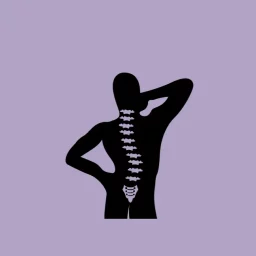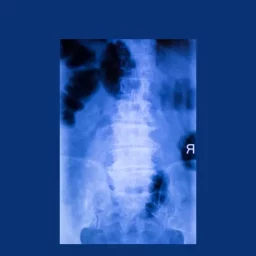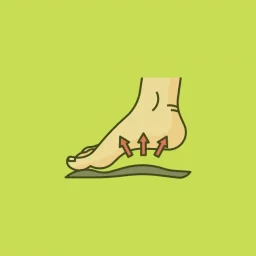Physiotherapy Techniques for Arthritis Pain Management
Arthritis is a broad term used to describe swelling of the joints, which causes pain and stiffness. There are more than 100 different types of arthritis, each with its own causes, symptoms, and treatment methods. It causes pain, stiffness, and swelling in the joints, making it difficult to perform everyday tasks. However, physiotherapy can be an effective way to manage arthritis pain and improve joint function. In this article, we will explore various physiotherapy techniques for arthritis pain management and how they can help you lead a more comfortable life.
Understanding Arthritis and Its Impact
Firstly, it is essential to understand the impact of arthritis on your joints and overall health. Arthritis can lead to reduced mobility and decreased quality of life. Therefore, seeking professional help and incorporating physiotherapy into your routine is crucial.
Benefits of Physiotherapy for Arthritis
Physiotherapy offers numerous benefits for individuals with arthritis, including pain relief, improved joint function, and enhanced mobility. Moreover, it helps in preventing further joint damage and maintaining overall physical health.
Physiotherapy plays a crucial role in managing arthritis by helping to improve joint function, reduce pain, and increase mobility. Here’s how physiotherapy can benefit individuals with arthritis.
Key Physiotherapy Techniques for Arthritis Pain Management
- Pain Management: Physiotherapists use various techniques such as manual therapy, heat or cold therapy, ultrasound, and electrical stimulation to lessen pain associated with arthritis.
- Joint Mobility and Flexibility: Arthritis can cause stiffness and reduced range of motion in joints. Physiotherapy exercises and stretching routines can help improve joint flexibility and mobility.
- Muscle Strengthening: Weak muscles can contribute to joint instability and pain. Physiotherapists design strengthening exercises tailored to the individual’s needs to strengthen muscles around the affected joints, providing better support and reducing pain.
- Posture Correction: Poor posture can exacerbate arthritis symptoms. Physiotherapists assess posture and provide guidance on correct alignment and posture to reduce strain on affected joints.
- Balance and Coordination: Arthritis can affect balance and coordination, increasing the risk of falls. Physiotherapy includes exercises to improve balance and coordination, reducing the risk of falls and related injuries.
- Joint Protection Techniques: Physiotherapists educate patients on joint protection techniques to minimize stress on affected joints during daily activities, reducing pain and preventing more joint damage.
- Functional Training: Physiotherapy focuses on improving functional abilities, such as walking, climbing stairs, and performing daily tasks, to enhance independence and quality of life despite arthritis symptoms.
- Education and Self-Management: Physiotherapists educate patients about arthritis, its management, and self-care strategies, empowering them to take an active role in their treatment and adopt lifestyle changes to manage their condition effectively.
- Assistive Devices: Physiotherapists assess the need for assistive devices such as braces, splints, or walking aids to support affected joints and improve mobility.
- Long-term Management: Physiotherapy provides long-term management strategies for arthritis, including regular exercise programs, lifestyle changes, and assessments to adapt treatment plans as needed.
Incorporating Physiotherapy into Your Routine
Overall, physiotherapy is an important component of arthritis management. To get the most out of physiotherapy, it is essential to incorporate it into your daily routine. Working with a professional physiotherapist can help you develop a personalized plan that addresses your specific needs and goals. Additionally, staying consistent with your exercises and treatments is key to achieving long-term relief, improved joint function, and enhanced overall quality of life for individuals living with arthritis.
For more information or to book an appointment with one of our chiropractors, physiotherapists or massage therapists, visit our clinic websites at Curavita Byward and Curavita Glebe.
Byward Market
Email: info.byward@curavita.com
Glebe
Email: info.glebe@curavita.com






